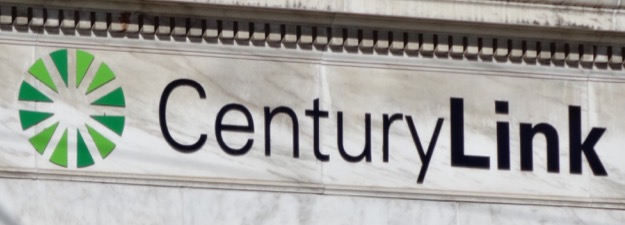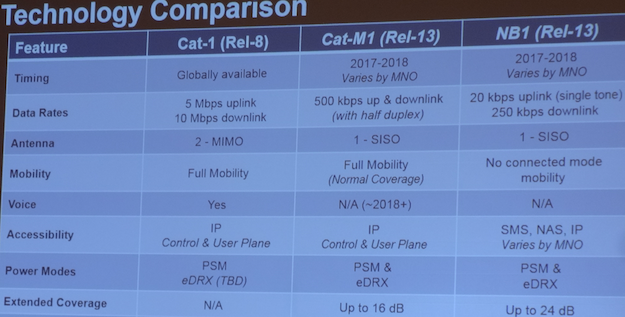Dark fiber will disappear if CenturyLink buys Level 3

CenturyLink’s proposed acquisition of Level 3 continues to rumble through the review process at the Federal Communications Commission. Very little organised opposition has surfaced. Some market-based opposition has come from Incompas, a lobbying group that represents competitive carriers and similar network and system operators. They’re challenging the merger because, among things, it would roll the major independent fiber company in the U.S. – Level 3 – into an incumbent telco – CenturyLink – with a traditional monopoly mindset…
… MoreAs it stands, the applicants have not provided evidence—or even a statement—of an intent to build vigorously outside CenturyLink’s [incumbent local exchange carrier] region.


![By Ken Lund from Reno, Nevada, USA (Interstate 580, Pleasant Valley, Nevada) [CC BY-SA 2.0 (https://creativecommons.org/licenses/by-sa/2.0)], via Wikimedia Commons](https://www.tellusventure.com/images/2017/3/nevada_highway.jpg)



![By Almonroth (Own work) [CC BY-SA 3.0 (https://creativecommons.org/licenses/by-sa/3.0)], via Wikimedia Commons](https://www.tellusventure.com/images/2017/1/weaverville.jpg)


